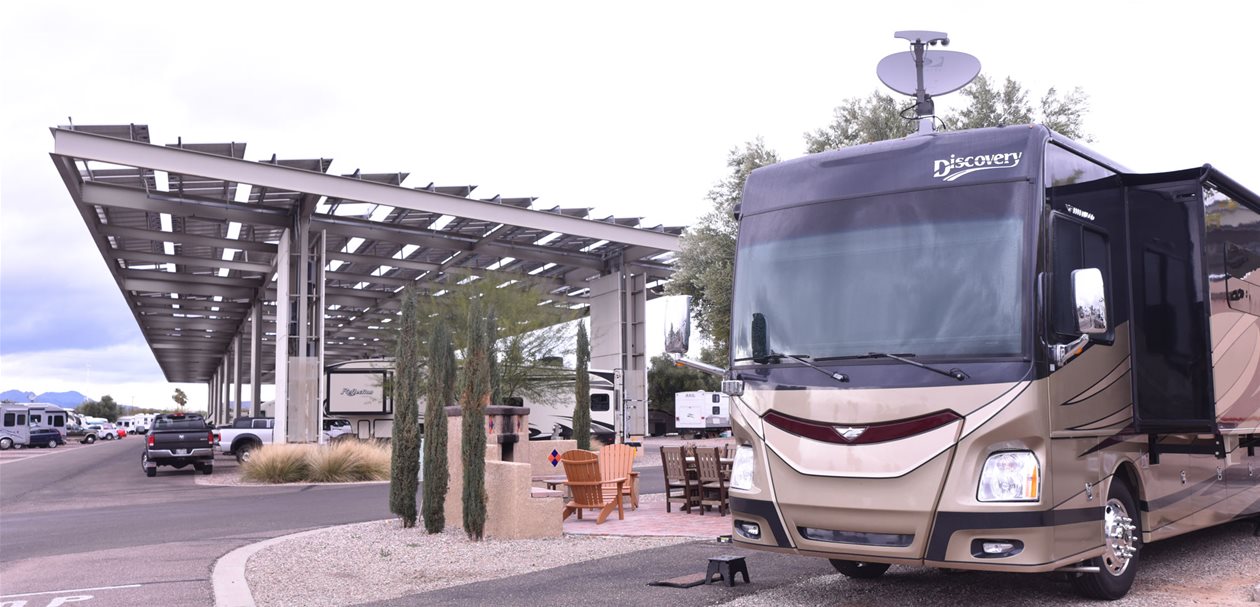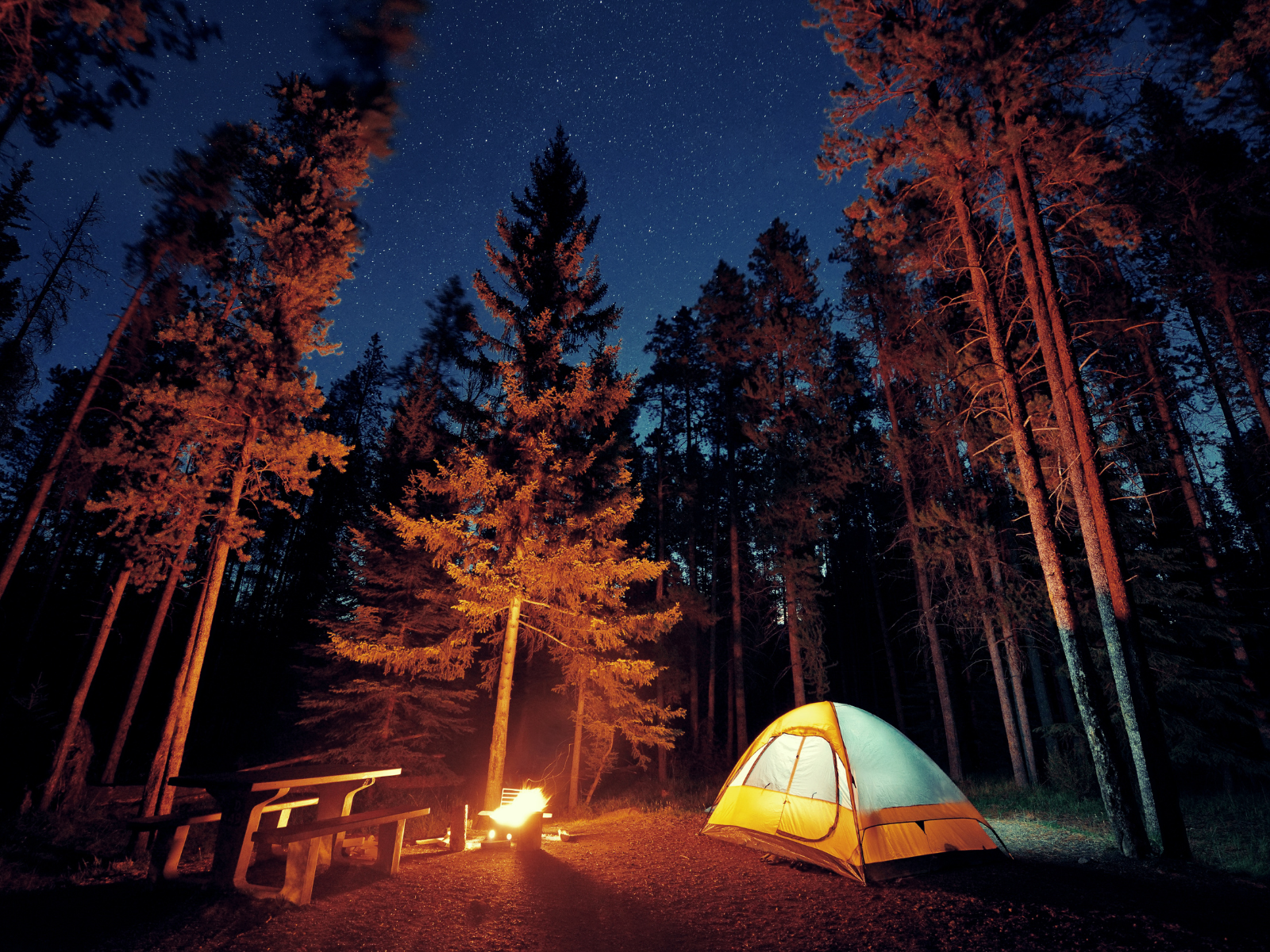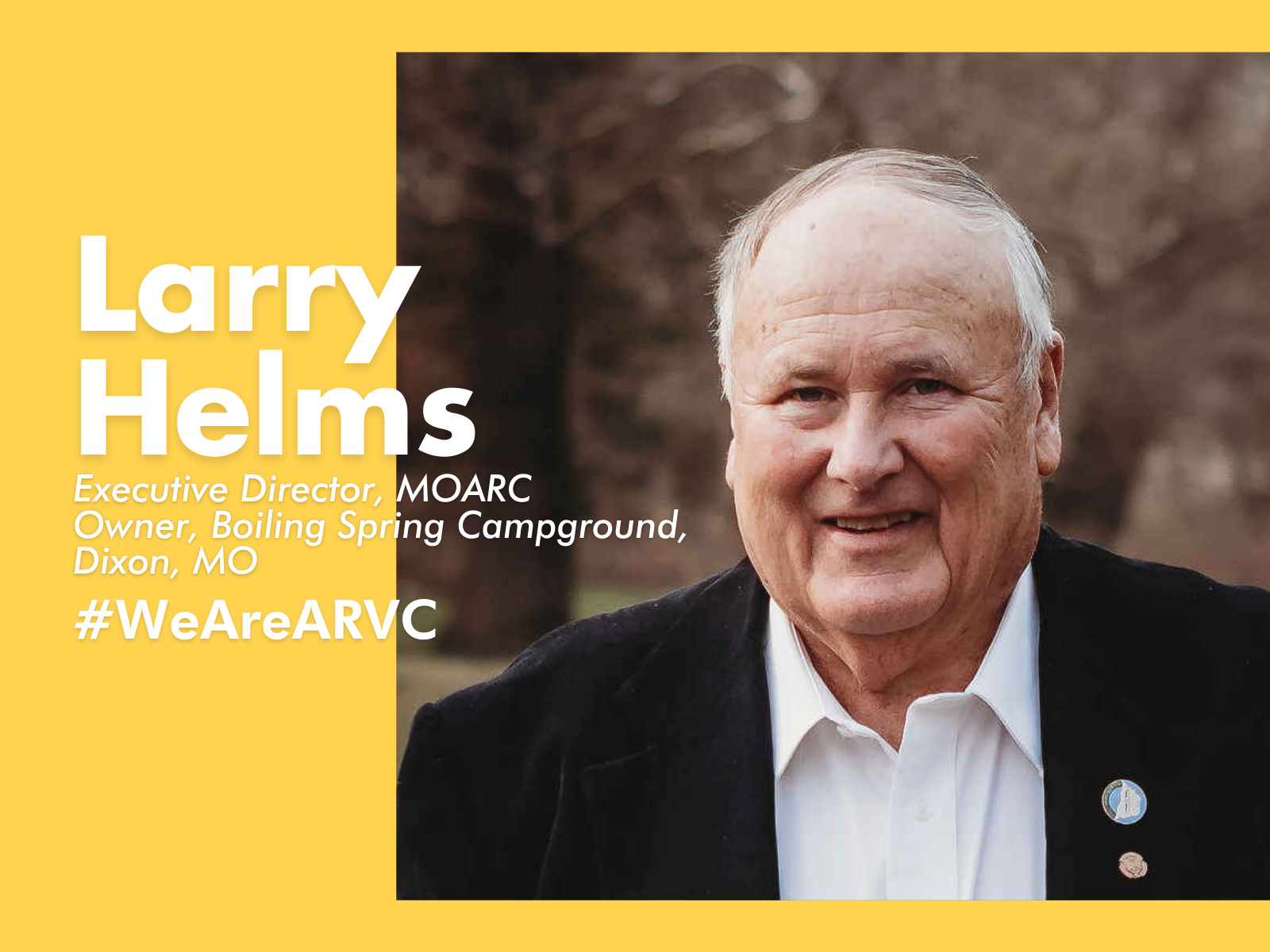Yesterday, five groups representing manufacturers, dealers and owners of Recreational Vehicles (RVs), as well as the RV campgrounds, sent a letter to the members of the Senate Judiciary Committee urging them to vote to preserve the provision of copyright law that allows DIRECTV and DISH Network to provide Distant Network Signals to RVers and long-haul truckers, among others.
WASHINGTON – Yesterday, five groups representing manufacturers, dealers and owners of Recreational Vehicles (RVs), as well as the RV campgrounds, sent a letter to the members of the Senate Judiciary Committee urging them to vote to preserve the provision of copyright law that allows DIRECTV and DISH Network to provide Distant Network Signals to RVers and long-haul truckers, among others. These groups represent the 25 million RVers who are affected by this copyright law.
The letter, signed by the RV Industry Association, the RV Dealers Association, the National Association of RV Parks and Campgrounds (ARVC), the Family Motor Coach Association and the Escapees RV Club, called on Congress to reauthorize Section 119 of the Copyright Act, which would sunset at the end of 2019, absent Congressional action.
The letter, addressed to Senate Judiciary Committee Chairman Lindsey Graham (R-SC) and Ranking Democratic Member Dianne Feinstein (D-CA), was sent in anticipation of a hearing in that committee at which the Register of Copyrights, Karyn Temple, is expected to call on Congress to allow the law to expire.
Although it may be unfamiliar to many of the RVers who use satellite providers, Section 119 provides the narrow copyright law exemption that makes it possible for RVers to access their favorite TV programming regardless of where they happen to be traveling. Without this exemption, it would be a violation of copyright law for a satellite provider to allow an RVer to access a New York broadcast while camping at remote national park in a different market.
But through the establishment and regular reauthorization of Section 119, Congress has recognized that providing local signals via satellite to RVer in every market into which they travel is impractical, both technically, and from the standpoint of clearing the rights.
RVers represent a unique segment of the population who regularly travel to areas where broadcast signals to watch television over-the-air are not available or where the wireless broadband to receive over-the-top services such as Nextflix and Hulu are also not available. If Congress fails to reauthorize Section 119, these RVers will lose access to the network signals resulting in a negative impact on quality of life, safety and security for the millions of RVers who rely on this law.






Leave A Comment